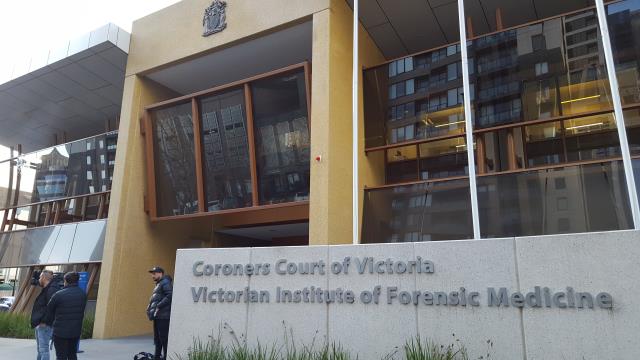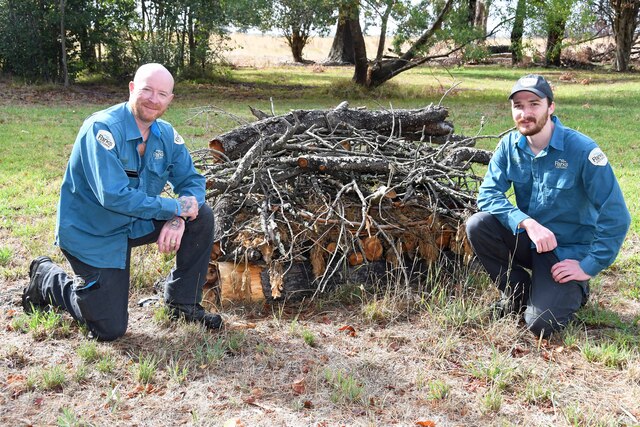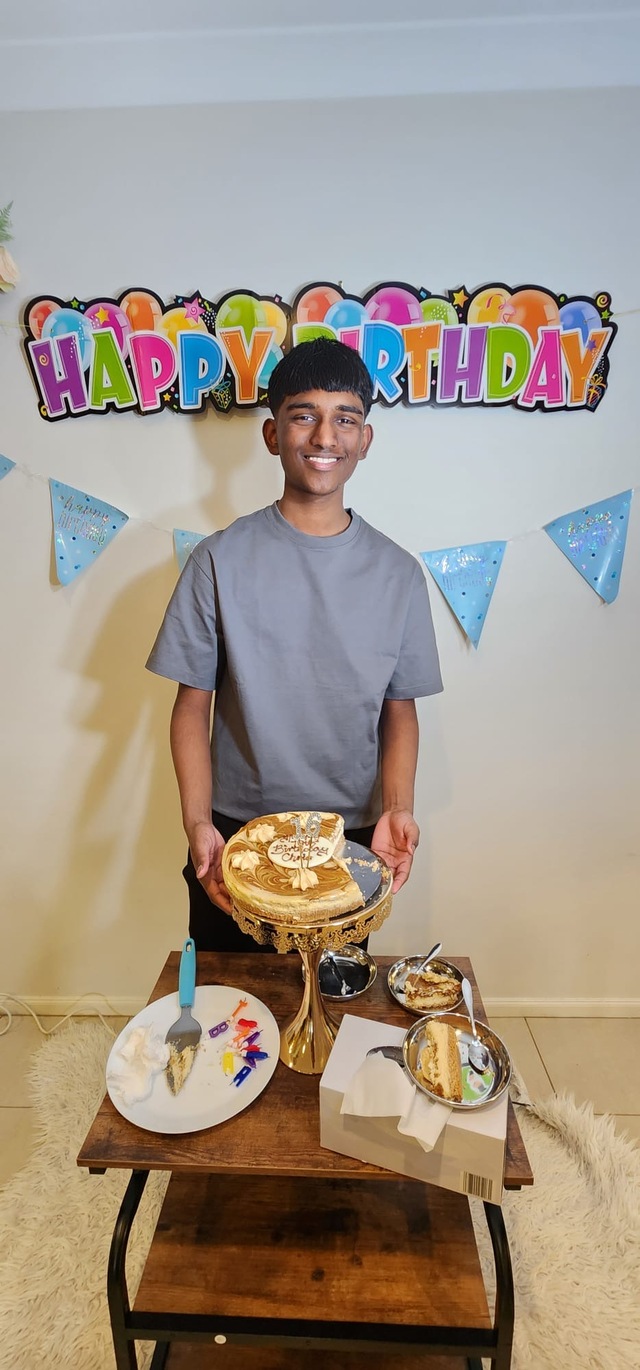A state coroner has called for greater focus on “safe and stable” transitional housing for youth leaving the care of the State after the “incredibly sad and distressing” story of a teen who died in Dandenong.
The “resourceful and engaging” 18-year-old woman was found dead in a house in February 2022.
She had been found to have unintentionally died from an overdose of illicit and prescription drugs.
However her demise could also be traced back to significant childhood trauma. At 5, Child Protection had moved her out of her parents’ home due to their family violence and drug-taking.
“(Her) story is incredibly sad and distressing,” state Coroner David Ryan stated on 14 May.
“She was a complex and engaging young woman who struggled to cope with the trauma she had experienced, and she presented challenges to her case workers who were invested in supporting her.”
She had died while staying at her sister’s boyfriend’s house as an interim measure, while services struggled to find her accommodation after she’d turned 18 and was no longer in the care of the state.
Airbnb or motel shot-term accommodation was ruled out as “too risky”.
However, the Dandenong house – filled with drug paraphenalia – proved to be a “very unsafe environment”, Coroner Ryan stated.
“The prospect of a child or young woman spending time in such an environment while in a vulnerable state is disturbing.
“Despite the complexity of (her) case, her lack of engagement and challenging behaviour, her death at such a vulnerable and critical time following her recent departure from State care is not something that this community can accept.”
Coroner Ryan recommended more flexibility and a focus on “safe and stable” accommodation when assessing short-term accommodation options for care leavers.
Stable housing meant care leavers were more likely to successfully transition with better job and education outcomes, secure relationships and social connections.
He noted the Commission for Children and Young People’s 2020 report Keep Caring, which found a “dire shortage” of post-care accommodation in Victoria.
Since the report, the State Government had invested in post-care housing options.
Had it been available, the deceased teen may have been eligible for a Housing First program, which is currently being implemented by the Government.
It provides secure housing, assertive outreach, personalized case work and other support for young people leaving residential care.
The Keep Caring report recommended an enforceable right for care-leavers to receive support as they transition to independence until at least age 21.
Coroner Ryan noted there had been a coordinated process to transition the teen into independent living – including a “reasonable plan” for residential drug rehab before moving to a private rental.
Unfortunately she was discharged early from rehab programs for not engaging.
“She had just turned 18 years old and was no longer in the care of the State, but she remained in a particularly vulnerable position given her complex history and lowered tolerance to illicit drugs after a period of abstinence.”
She had lived with her grandmother for much of her childhood under a child protection order.
However due to the girl’s challenging behaviours, the grandmother told Child Protection in 2019 she could no longer look after the child.
She was moved to various care homes, lock-up accommodations and a therapeutic care property as well as offered support by the Youth Support and Advocacy Service (YSAS).
Her living placements broke down due to her abscondment, disengagement and drug use.
In the two years leading up to her death, she presented to hospital about 20 times to treat drug abuse. She was reported missing on 231 occasions with 142 Childrens Court warrants.

















